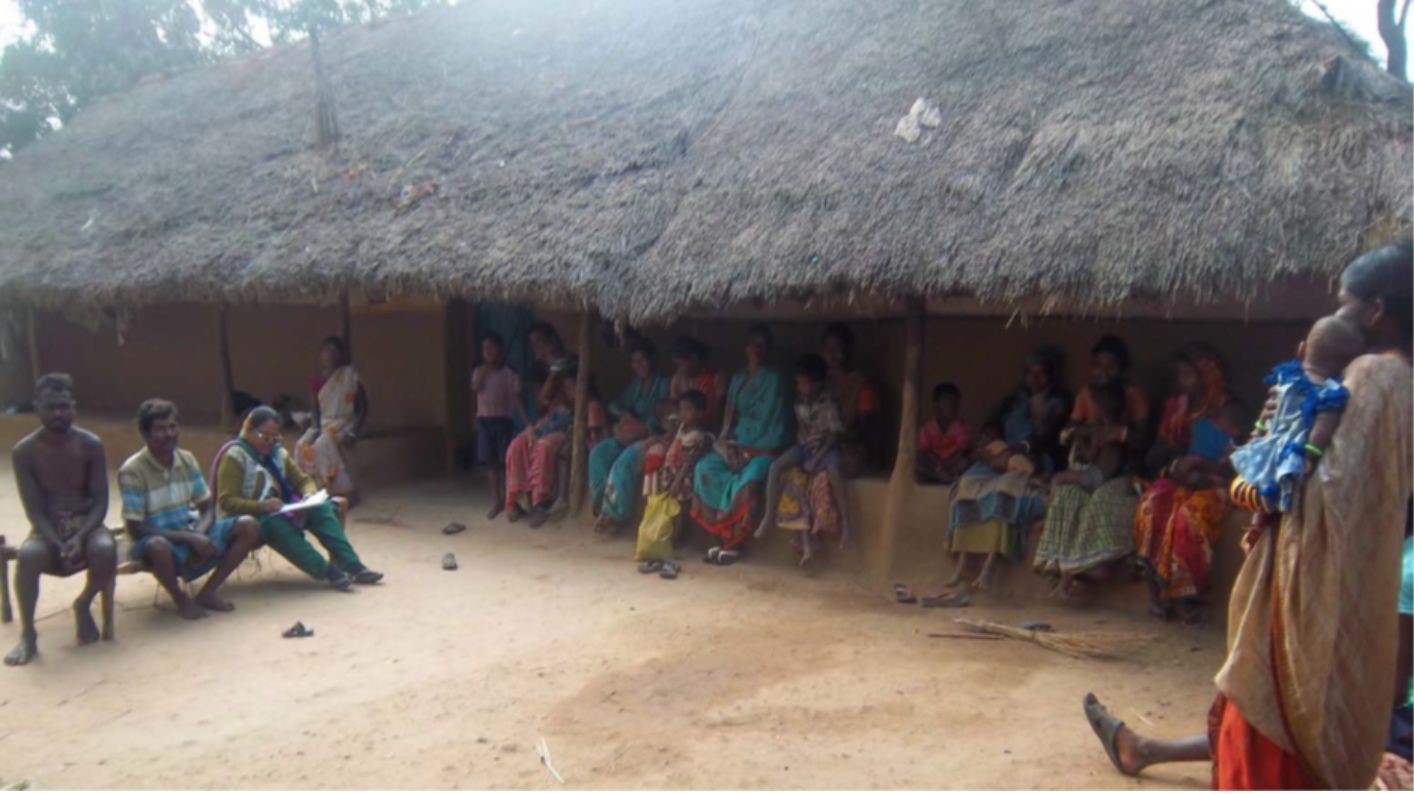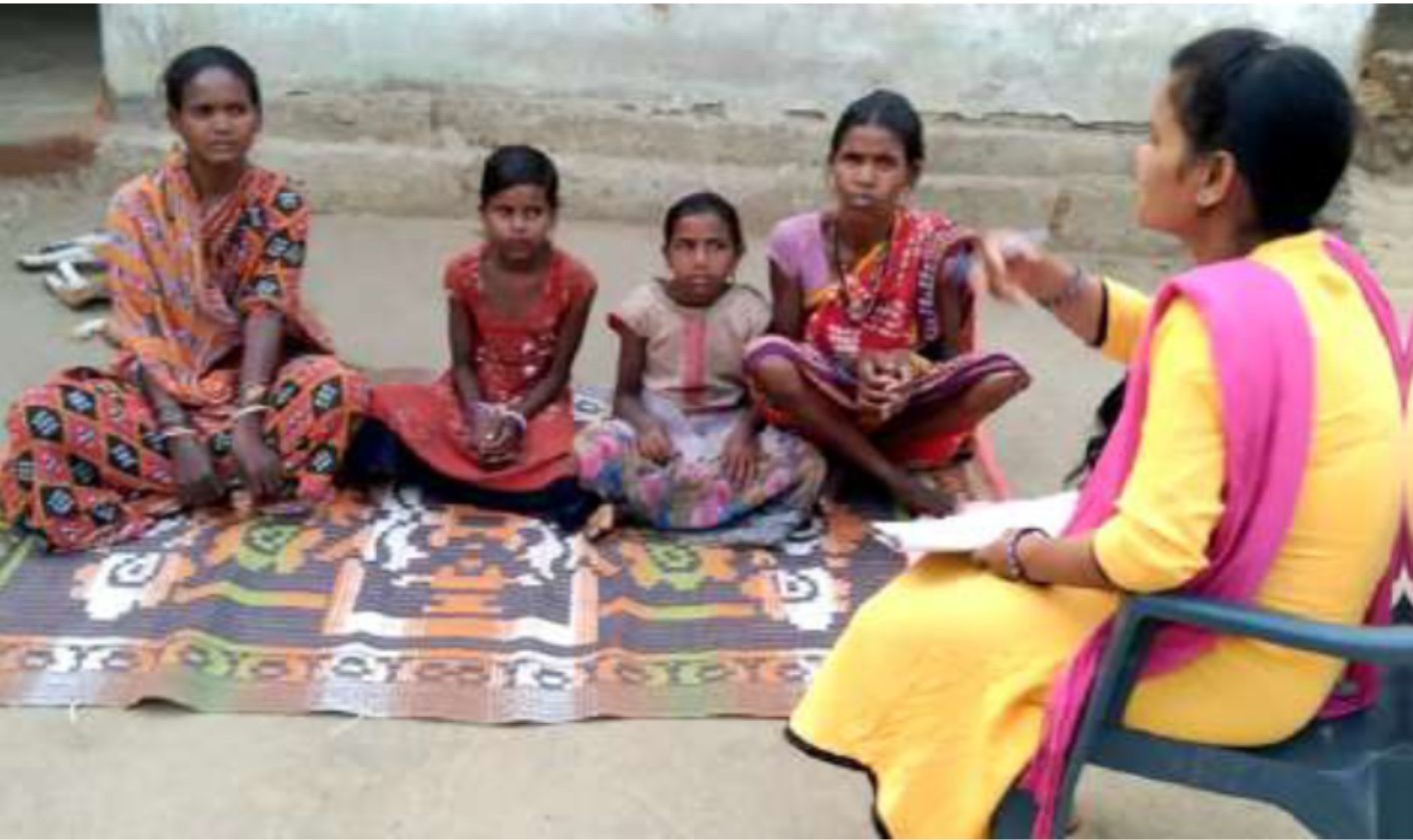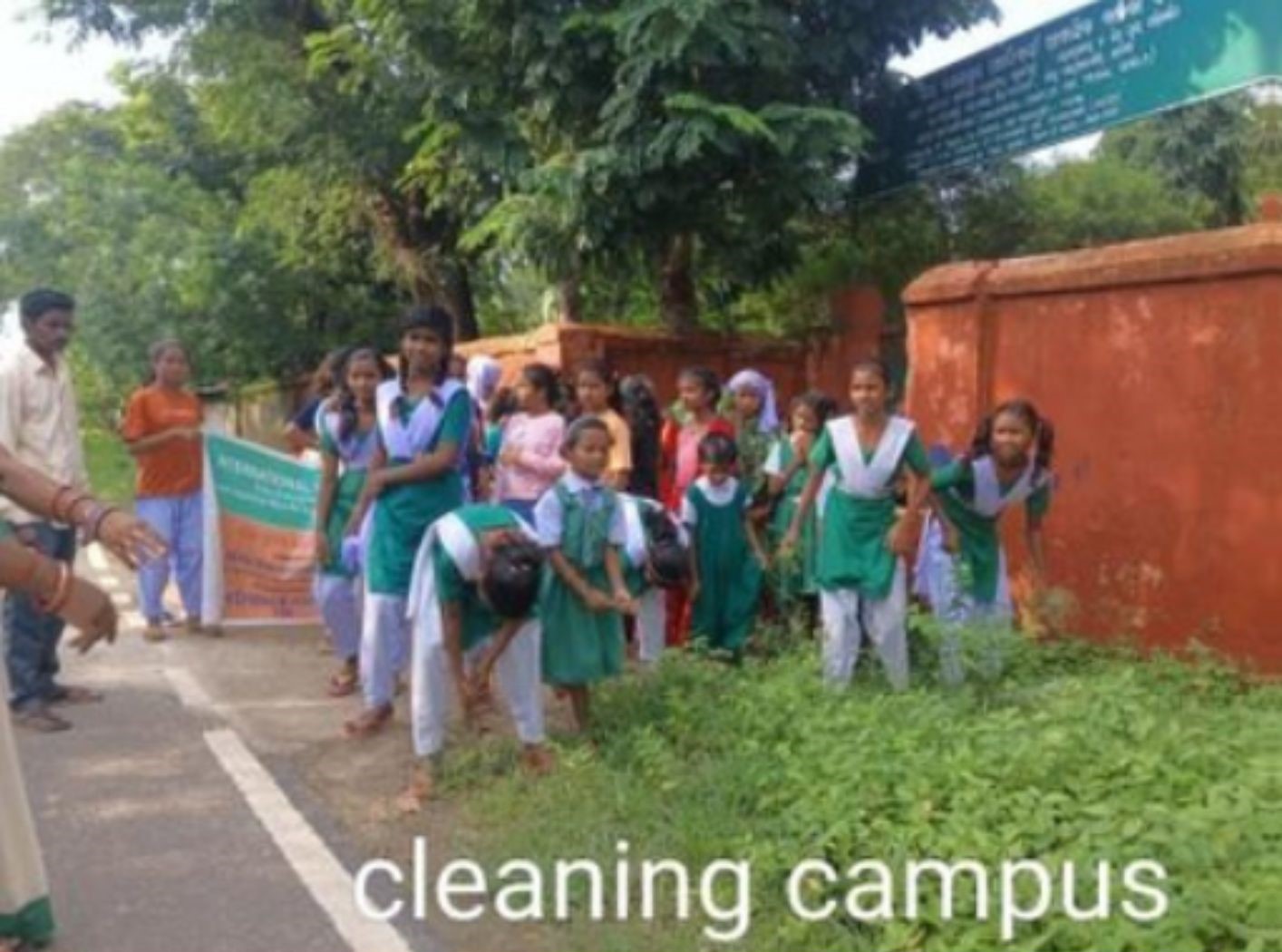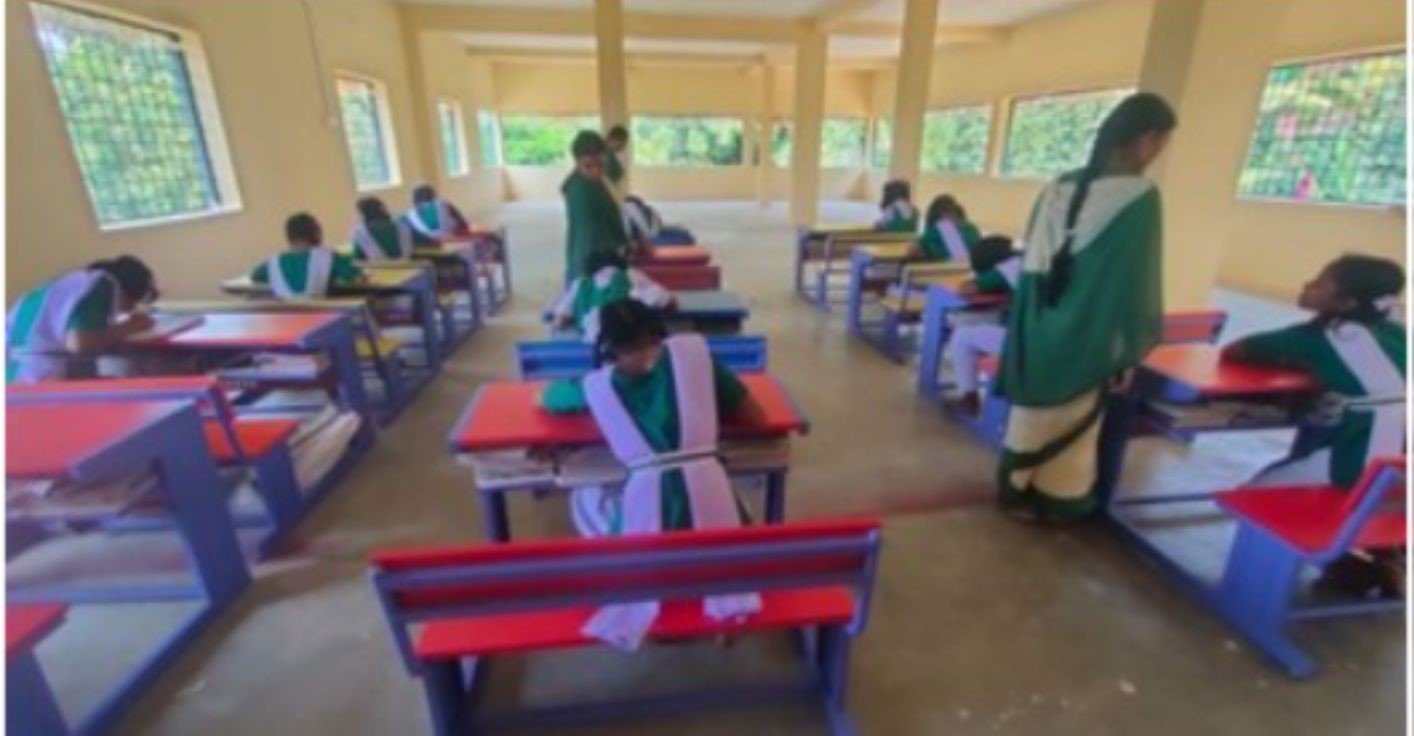HEALTH AWARENESS AND CAPACITY BUILDING:
 Like education, health is also one of the key areas of concern for SEED. In its operational areas, tribal communities often face poor access to modern healthcare facilities and continue to suffer from various diseases due to traditional beliefs and superstitions.
Like education, health is also one of the key areas of concern for SEED. In its operational areas, tribal communities often face poor access to modern healthcare facilities and continue to suffer from various diseases due to traditional beliefs and superstitions.
To address these challenges, SEED works to improve the knowledge, practices, and attitudes of tribal families through regular awareness sessions on health-related topics. The organization also conducts community gatherings focusing on issues such as maternal and child care, immunization, the use of sanitary toilets, family planning, and other preventive health measures.
AWARENESS ON JAPANESE ENCEPHALITIS

Japanese Encephalitis (JE) is a life-threatening disease that can spread rapidly in epidemic form, primarily through mosquito bites. Domestic pigs and certain wild birds, particularly herons, serve as reservoirs of the virus. When transmitted to humans, JE can cause severe illness, with symptoms appearing within 5-15 days. Early symptoms include fever, headache, vomiting, confusion, and difficulty in movement, while advanced stages may lead to brain swelling, coma, and even death.
Recognizing the seriousness of the disease, SEED staff took proactive steps to raise awareness among parents and community members. They educated families about both preventive and curative measures, stressing the importance of mosquito control, hygiene practices, and timely medical attention. These awareness efforts have contributed to community-level prevention and control of Japanese Encephalitis.
AWARENESS ON COVID-19

Although the COVID-19 epidemic worsened day by day, SEED staff and teachers remained committed to raising awareness in their own villages and communities. They educated people on preventive measures such as maintaining cleanliness, practicing social distancing, and wearing masks regularly, while also working to dispel stereotypes, fears, and misinformation related to the pandemic.
Staff members actively encouraged community members to avail COVID-19 vaccinations as per Government guidelines. They also engaged in continuous community sensitization, spreading awareness on hand washing, social distancing, and the importance of immunization.
In addition, SEED distributed hygiene materials including soap and masks to its students and around 300 community members. Counseling services were also provided to individuals experiencing stress and panic during the crisis. These combined efforts helped promote resilience, safety, and healthier practices within the community.
ENVIRONMENT AWARENESS CAMPAIGNS

Every year, SEED organizes environmental awareness programs and demonstration sessions on critical issues such as deforestation, waste recycling, and reuse of resources. These initiatives are aimed at fostering eco-friendly practices and building community consciousness on sustainable living.
As part of these efforts, a one-day awareness meeting was held at the SEED school premises. The program saw active participation from women Self-Help Groups (SHGs), Panchayati Raj Institution (PRI) members, Integrated Child Development Services (ICDS) teachers, ASHA workers, youth members, and schoolteachers.
SWACCHA BHARAT ABHIYAN
On the auspicious occasion of Gandhi Jayanti on 2nd Oct, a rally was held at SEED Kanyashram, all the students and staffs participated in the rally, Padayatra with placard for Swachha Bharat Abhiyana. A debate competition was organised to sensitise the students on Gandhian principles.
CAPACITY BUILDING TRAINING FOR STAFFS

At SEED Kanyashram, we strongly believe that the strength and success of any educational institution depend on the continuous growth and development of its teachers and staff. With this understanding, SEED has consistently organized comprehensive capacity-building training programs to enhance the skills, knowledge, and methodologies of its educators.
These intensive training sessions, conducted on the school campus, have covered a wide range of crucial areas including health and hygiene, sanitation, child care and protection, psychosocial development, innovative teaching methodologies, preparation of teaching aids, and effective documentation and record maintenance. The sessions, facilitated by experienced trainers, adopted participatory methods such as group activities and real-life scenarios to ensure deeper understanding and active engagement of participants.
Beyond academic and classroom-focused skills, the training also emphasized broader dimensions such as community engagement, preventive health awareness, and strategies to ensure continuity of education during periods of disruption. This holistic approach has empowered teachers to serve not only as effective educators but also as compassionate caregivers and community mobilizers.
By investing in the professional development of its staff, SEED Kanyashram continues to reinforce its commitment to holistic child development and educational excellence, ensuring that every student benefits from a nurturing, knowledgeable, and supportive learning environment.








